Scams on Cash App are all too common, as fraudsters know people using it are generally trustworthy. Scammers take advantage of people’s trust by offering too-good-to-be-true opportunities or requests from strangers for them to purchase goods from.
Scammers use various means to perpetrate frauds. One such scheme involves advertising an illusory grant or relief program and demanding payments or advance fees as the cost. They also frequently use Cash App to purchase goods from online marketplaces before disappearing without ever providing the promised items.
Scams
Cash App users who transact with strangers run the risk of falling prey to scams. Scammers use its instant nature of payments for fraudulent claims and money-extortion from unsuspecting users. While Cash App is safe to use for splitting bills and one-time services payments, avoid using it for purchasing goods or services from strangers; additionally, do not disclose sensitive data such as your sign-in code or bank account number via this method.
Cash App users often fall prey to scams involving false product listings and claims made on Facebook and Instagram marketplaces by scammers attempting to sell counterfeit goods or services for which a cash-app payment has been requested before suddenly disappearing without ever delivering what was promised, making this type of fraud hard to detect as the seller usually provides no proof of authenticity.
Other types of scams on Cash App include investment fraud and cryptocurrency schemes. Scammers commonly reach out to potential victims through social media or email, promising high returns with minimal effort needed – sometimes impersonating friends or family in distress to increase urgency.
Scammers take advantage of Cash App payments being instant and cannot be reversed or cancelled to target unaware victims, often by pretending that they sent out incorrect payments by mistake to another user and demanding they take back what was originally sent out – an effective tactic used by fraudsters that should always be avoided.
Business accounts
Cash App business accounts allow small businesses to accept payments using the app easily and conveniently, but fees may add up quickly – so if using Cash App for business is in your plans, ensure you understand its fees and compare them against alternative platforms before deciding.
Cash App business accounts offer a convenient method of receiving payments from clients, yet can have their own set of drawbacks. For instance, transactions over $15 may require receipts while signatures from customers for those exceeding $25 may also be necessary. Furthermore, this app may not support all types of payments; nonetheless it remains an affordable mobile payment solution for small businesses.
Business accounts with Cash App are free to create, but you’ll need a valid phone number and email address in addition to agreeing with Cash App’s terms of service for business accounts. Once signed up, select your $cashtag and begin accepting payments; Cash App charges an incoming business payment fee of 2.75% which is competitive with other P2P payment services.
Cash app’s business account feature may provide convenient services to many small businesses, yet its high fees can add up over time. These costs include setup costs, monthly subscription fees, chargeback processing and dispute fees as well as transfer and withdrawal fees. Furthermore, Cash may charge extra services such as recurring payments and fraud protection which could add further costs.
Payments to strangers
Cash App provides a safe method to send and receive money, yet can still be exploited by scammers. This is particularly evident when transacting with strangers; therefore, it is wiser to only conduct transactions with individuals you personally know or can verify personally before using the Cash App to transfer any amount. Furthermore, any requests exceeding the agreed upon amount should raise red flags; similarly if someone requests more money than agreed or their name doesn’t match up with their Cash App display name would also indicate danger.
If a stranger offers you more money than is appropriate, do not accept or return it – doing so could amount to money laundering and lead to up to five years in jail.
Money flipping scams involve fraudsters convincing you to invest small sums with them in exchange for higher returns – similar to Ponzi schemes but more dangerous! Any attempt at “money flipping” should be avoided at all costs.
Avoid scams by editing your Privacy & Security settings to restrict who can send requests and set a password for added protection. Be sure to regularly review your account and notify any concerns with the company if necessary.
App security
Cash App is an increasingly popular P2P payment service that allows users to send money quickly and conveniently between accounts using email or phone number as the means. It also facilitates purchases of goods and services and offers a Visa-verified debit card which can be used worldwide – however there have been concerns raised about its security that could compromise users’ privacy and safety.
Cash App users are at risk from various scams that target them, including purchases and refunds, product sales, and phishing attacks. To reduce these threats, users should only conduct transactions with those they know and trust while never sharing their sign-in code or bank account details with anyone.
Some scams target users through websites resembling Cash App and contain malicious links, often asking users to enter their login credentials, which scammers then use to steal personal data or commit identity theft. For best protection of Cash App accounts use password managers and two-factor authentication.
Data breaches pose another threat to Cash App security, with hackers taking sensitive data stolen by them and making use of it to cause disruptions with finances, reputation and legal action against users. To stay protected against such activities, make sure you report suspicious activity immediately both to Cash App and local law enforcement agencies.


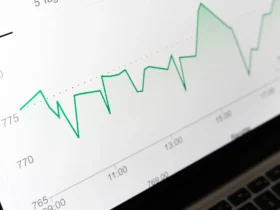


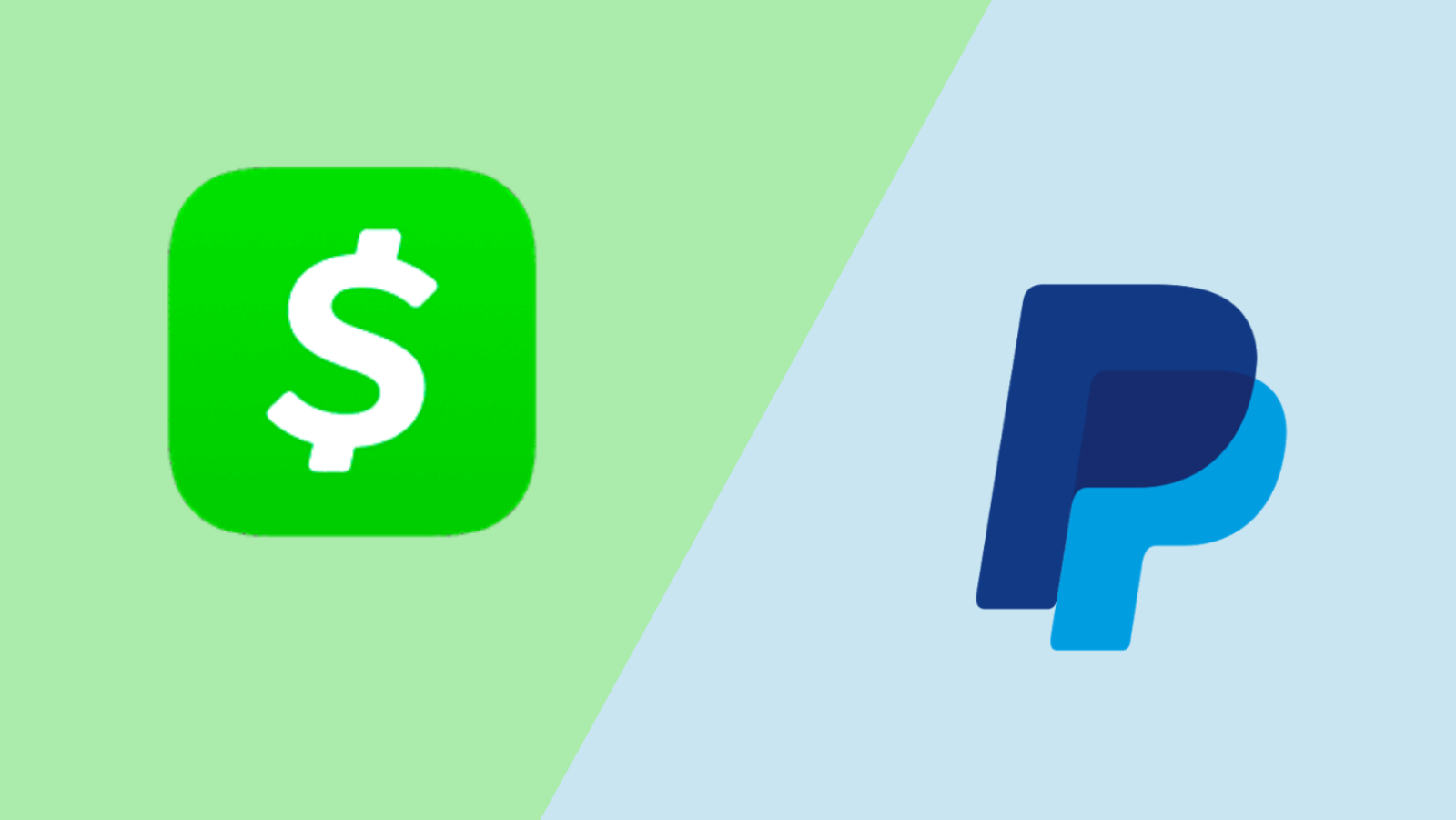
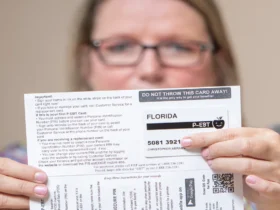






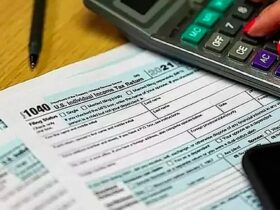
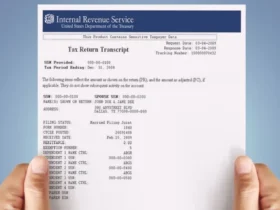
Leave a Reply